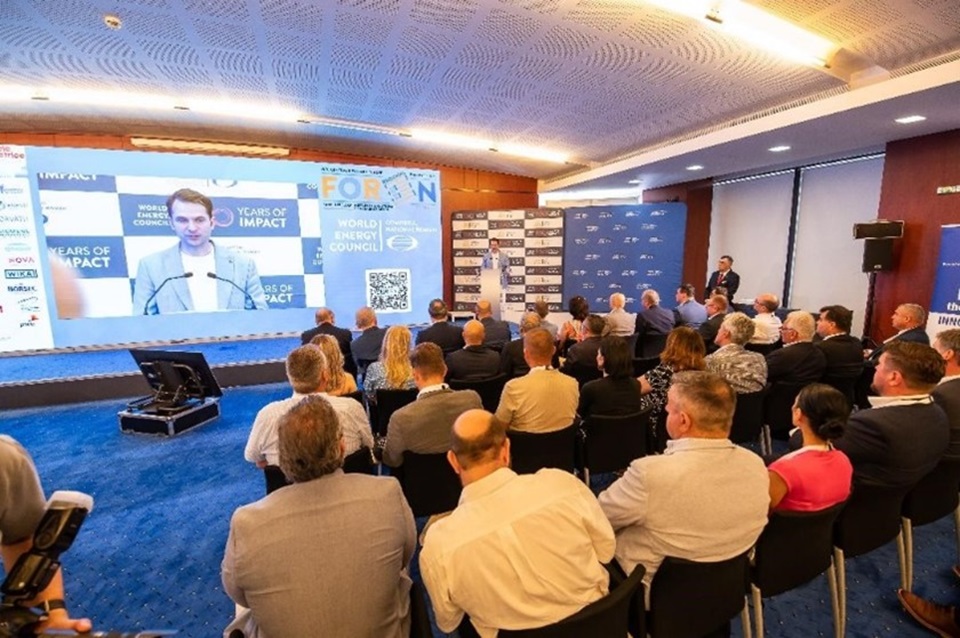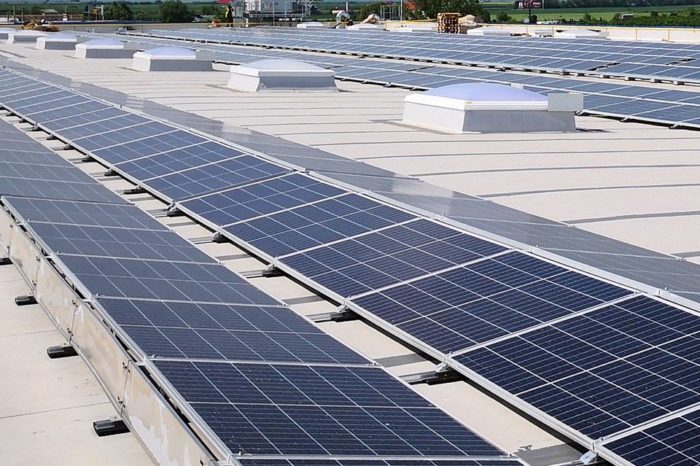FOREN 2024: Romania urgently needs an energy investment program, especially in electricity distribution

Keeping the tradition of over 30 years and returning to Neptun- Romania, between June 16 and 19, the Romanian National Committee of the World Energy Council (CNR-CME) organized the FOREN 2024 Regional Energy Forum. The event was attended by over 400 specialists from the energy sectors of the countries in the region, representatives of some international organizations, including the World Energy Council (WEC), parliamentarians, representatives of DG Energy, etc. The topics of interest were included in the broad theme proposed by the Forum: “Rethinking the future of the world through a secure, clean, and efficient energy”.
The work of the Forum highlighted the fact that the challenges facing the energy sectors of the countries in the region have increased, primarily due to the uncertainties identified and signaled by the leaders in the field. The forum demonstrated – once more – that in the face of geopolitical threats and specific challenges in the region, the energy sectors defend themselves with their own “weapons”: rethinking their structure and purpose, emphasizing their role “for people and the planet”, cooperation for increased security in providing this vital service and shortening the path to net climate neutrality. To these is added the “humanization” of energy by rethinking the “barrier” of the sector with users and by redefining their role. The transition to climate neutrality is important, but simply reducing greenhouse gas emissions does not solve the complexity of the region’s challenges, nor should it reduce the region’s contribution to stability in an increasingly complex world. , more unstable and threatening.
The technologies that can be used are multiple, disseminating up to the level of users, and the necessity and urgency of diversifying energy production has often been emphasized in the context of the digital revolution. Large-scale investments are needed, and those interested in investing are aware of the need to consider their “greening” in addition to economic and governance criteria. Emphasis was placed on the appropriate use of nuclear energy, observing the change in the perspective of the public and European institutions, including the financial ones, regarding nuclear energy. However, there are concerns regarding the supply chain and the shortage of labor in this area, especially in the Central and Eastern Europe area, but also related to the final part of the nuclear cycle, especially the decommissioning of nuclear facilities, radioactive waste management and final storage, in complete safety, of them.
The region has resources, but the energy mix will change fundamentally, and the energy map will change. FOREN’s work underlined – once more – the importance of all energy sources and the fact that a balanced approach to phasing out the use of fossil fuels is essential. In this context, natural gas will continue to play a critical role throughout the energy transition. In addition, the increasingly important role of materials such as copper, lithium, nickel, aluminium must be considered, in the future competing, as a matter of necessity, with coal, oil and even gas. That is why security in supply (energy) is so important.
Another weighty aspect in all the discussions in the Forum was the situation of the qualified labor force in the field, its quantitative and qualitative decrease was noted. Hence, the need for technical universities to diversify and permanently update their training programs in order to promptly respond to current challenges. Also, considering that the role of young graduates is vital, they must be aware of the responsibilities they will have to assume and become promoters of continuous learning programs and collaboration and dialogue with energy specialists. This can be very effective only under the conditions of the development of applied research centers for industry in the global context of research revival.
In the field of energy use, the “Energy Efficiency First” principle involves adopting a holistic approach that takes into account the overall efficiency of the integrated energy system, security of supply and economic efficiency, and promotes the most effective solutions to achieve climate neutrality along the entire value chain, from when producing energy, the transmission network to the end user, so that efficiency is achieved in both primary and final energy consumption. At the same time, new regulatory rules regarding electricity prosumers and cooperatives are required, a more practical thinking not only of rights, but also responsibilities and obligations, especially storage.
Regarding Romania, a clear vision of the desired and accepted future is needed, and the expected Energy Sector Strategy could fill this gap. It is clear that Romania urgently needs an investment program in all segments of the sector, especially in that of electricity, but the greatest need for investments is felt in its distribution segment. An essential role must be played by the digitization of processes and the use of artificial intelligence in the production, transport, distribution and supply of energy, with an impact on the efficiency of processes. In this context, it would be useful to review/improve market mechanisms so that the market creates incentives for participants to boost investment.
For the region, in the current tense context, the most important conclusion was that – inevitably – cooperation is not only desirable, but even becomes mandatory, in a new concept of collaboration and solidarity. In this sense, the growth of the role of CNR-CME emerged, becoming one of the most active committees of the World Energy Council among the more than 90 that are currently there.
The role of the WEC and the national committee in this complex world is important, because the history of energy is part of the history of human development, and this was emphasized in the context of the centenary anniversary of the organization, where not only history was discussed, but also its perspectives and role positive in the coming decades. All the more, meetings between specialists in the field are useful, as FOREN 2024 proved, because awareness at the level of the national and regional energy community of the need for a fair, clean and inclusive transition can generate valuable ideas for the future.
With the hope that the identification of these issues can help a realistic approach to the current situation of the energy sector in Romania and in the region, the organizers thank you for your participation and invite you to FOREN 2026, which will be the 18th edition of the Forum.














